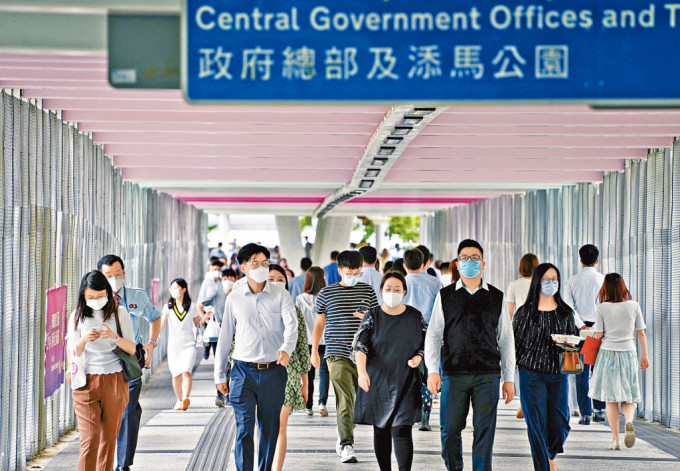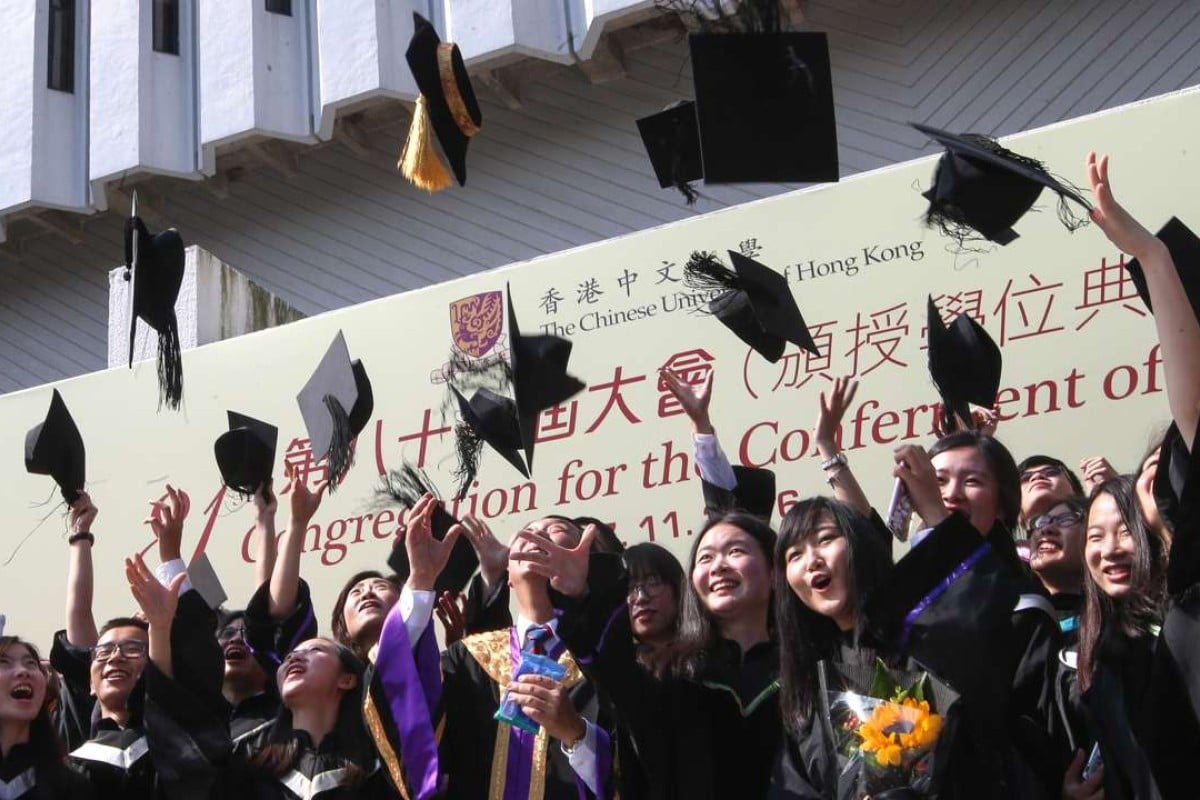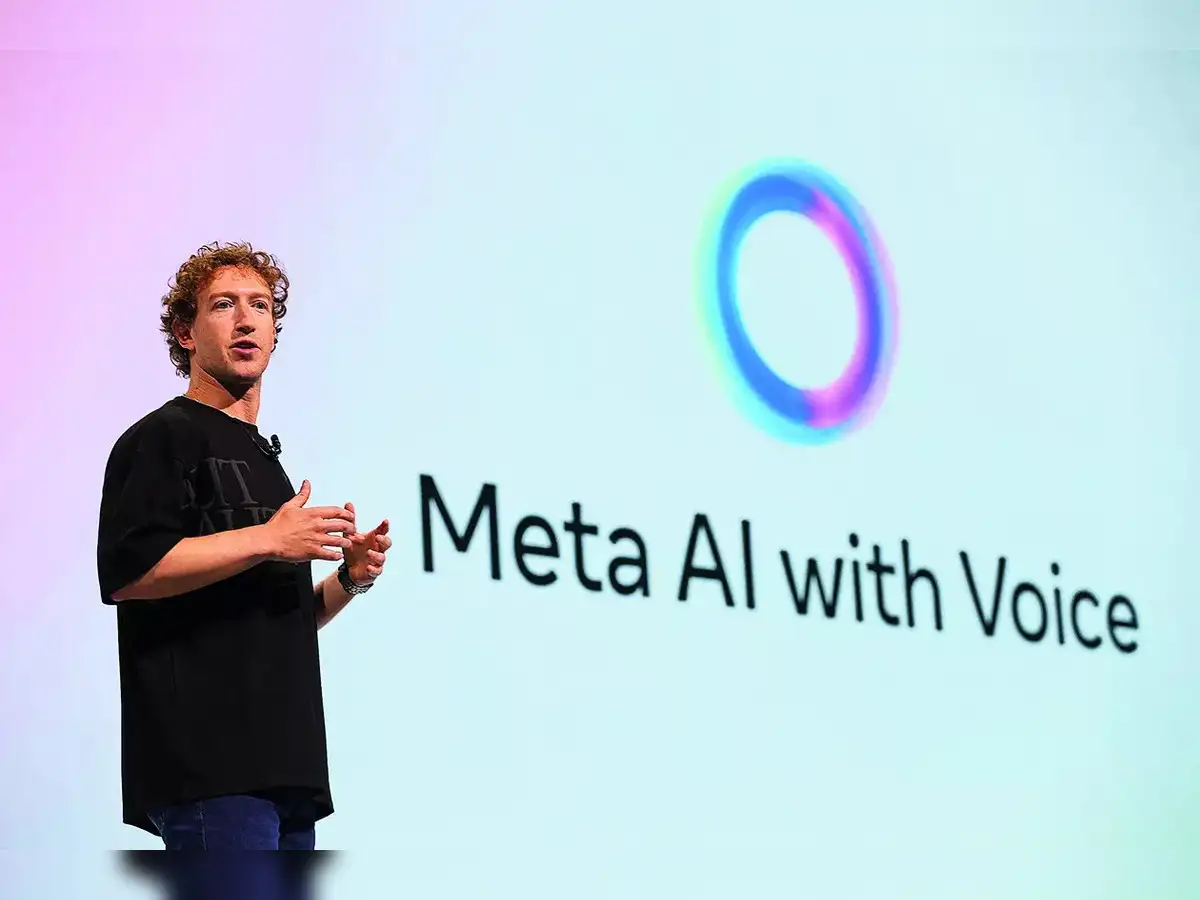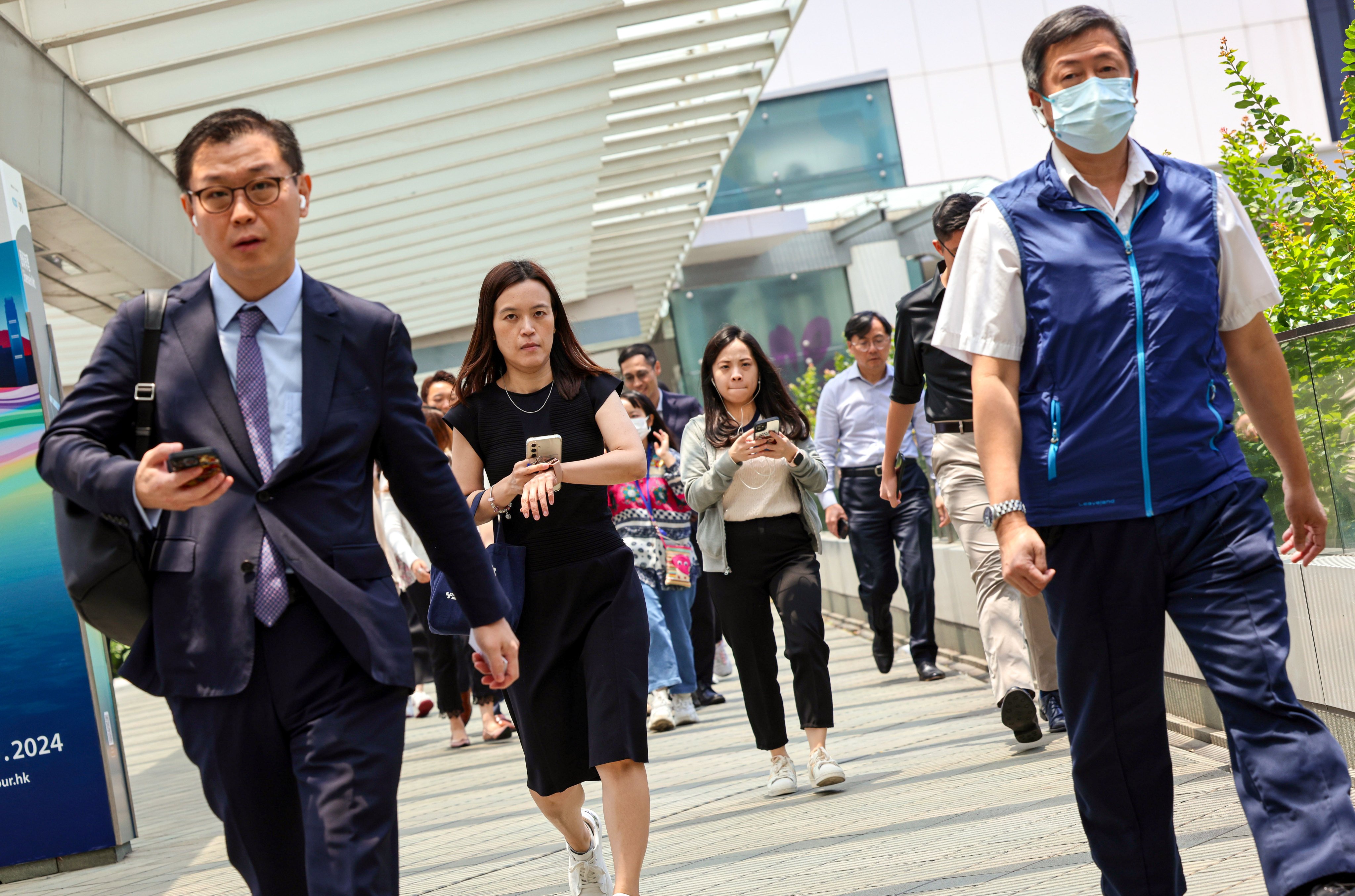(14/6- 21/7) Hong Kong HR Trends & Workplace Insights – Weekly HR Newsletter
As Hong Kong HR leaders prepare for the second half of 2025, one thing is clear: volatility is no longer the exception—it’s the baseline. In this week’s edition of MixCare Weekly, we spotlight five stories shaking up the people agenda. From over 1,000 cases of suspected sick leave abuse in the public sector, to Xiaomi’s launch of youth flats to attract talent, and the government’s quiet expansion of medical and dental perks, change is coming from all directions.
We also explore how graduate expectations around career growth and company culture are redefining recruitment, while Meta’s billion-dollar poaching of Apple’s AI talent signals a new level of compensation arms race.
Together, these shifts underscore a clear mandate for HR: lead with adaptability, communicate transparently, and rebuild people systems that are resilient, relevant, and worthy of trust.
1. Over 1,000 HK civil servants suspected of sick‑leave abuse in 5 years

One‑minute summary
In the past five years, over 1,000 civil servants in Hong Kong have been suspected of abusing sick leave, raising red flags over public service accountability and workplace culture. The figure, disclosed by the Civil Service Bureau, averages over 200 cases per year. Authorities have pledged to strengthen oversight, including referring frequent absentees to designated medical officers and enhancing early detection. While genuine leave remains protected, the government aims to deter misuse without compromising employee welfare. The case underscores growing pressure on HR and departmental heads to balance compassion and compliance in absence management.
3 main takeaways
-
Widespread investigation signals systemic loopholes: With over 1,000 suspected cases in just five years, the data suggests an entrenched issue rather than isolated incidents. This trend could reflect lax monitoring systems or a culture of entitlement within certain departments, both of which require urgent review by management.
-
Government strengthens oversight mechanisms: Civil servants with frequent sick leave will now be referred for review by medical officers and monitored via stricter internal systems. These updates are aimed at preventing repeated abuse, but they may also increase tension between staff and supervisors if not communicated with care.
-
Reform is reactive, not preventive: Despite having procedures in place, most interventions occur only after abuse is suspected, not before. This highlights the absence of predictive systems, such as proactive well-being tracking or employee assistance programs, which could address root causes before they escalate into policy breaches.
Implications to employees
-
Trust may feel compromised in the name of compliance: Employees—especially those with chronic health conditions—may perceive additional checks as intrusive or accusatory. HR must reinforce transparency, ensuring teams know that the intent is to maintain fairness and workplace stability, not to police illness.
-
Stricter documentation standards will apply: Staff must now be more vigilant in maintaining complete and timely medical records. Any ambiguity in diagnosis, absence duration, or documentation could trigger scrutiny, so departments should educate employees on best practices.
-
Shift in workplace culture expected: These developments may discourage false claims but could also increase presenteeism—where sick employees show up unwell to avoid suspicion. That creates risks for overall productivity and morale unless organisations reinforce a culture of care alongside enforcement.
Implications to HR
-
Audit your absence monitoring systems: HR teams should review how sick leave is logged, flagged, and followed up. Introducing real-time dashboards or early-warning alerts can help identify problematic patterns without relying solely on post-incident investigations.
-
Introduce holistic wellness programs: To reduce absence abuse, HR should address underlying drivers like burnout, mental health, and disengagement. Wellness talks, stress screenings, or even manager 1:1s can help uncover early signs and provide support before absenteeism becomes excessive.
-
Train line managers for empathetic enforcement: Department heads need to apply new policies without damaging trust. HR should run role-play or coaching sessions so managers can have sensitive absence conversations while preserving team cohesion and morale.
Source: Over 1,000 HK civil servants suspected of sick-leave abuse in 5 years – The Standard
2. Xiaomi Offers Subsidised “Youth Apartments” to Attract Talent at RMB ¥1,999/month

One‑minute summary
Mainland tech giant Xiaomi has rolled out subsidised “youth apartments” for its younger employees in Beijing and Nanjing, with monthly rents starting from just ¥1,999—well below market prices. This move is part of a broader strategy to win the talent war by addressing real-life cost-of-living pressures. Unlike typical corporate benefits such as salary or insurance, housing support reflects a deeper lifestyle commitment to staff. In contrast, Hong Kong’s private sector remains conservative, with housing benefits still mostly reserved for senior executives. Xiaomi’s approach signals a shift in employer branding—blending affordability with emotional value—and challenges HR teams to rethink what truly attracts and retains Gen Z professionals in an expensive urban context.
3 main takeaways
- Xiaomi sets a new bar in employer-sponsored living support: By directly alleviating a major stressor—housing affordability—Xiaomi is addressing a top concern for young professionals. This initiative not only boosts employer appeal but could significantly enhance employee loyalty and retention in saturated tech hubs.
- Lifestyle perks are overtaking traditional compensation models: With young talent prioritising well-being and convenience over marginal pay bumps, innovative benefits like housing can become key differentiators. Companies that lag in these offerings may struggle to attract digitally skilled employees seeking life–work harmony.
- Fairness and scalability remain critical concerns: While generous, the policy is currently limited to specific demographics (e.g. new grads or younger hires). Without clear criteria and expansion plans, such selective benefits risk creating tension among staff—especially those excluded despite facing similar cost pressures.
Implications to employees
-
The scheme offers immediate financial relief, especially for junior talent or new graduates, enabling better financial planning and quality of life. However, it may tie employees more closely to company expectations or physical proximity to office hubs.
-
Housing provided by employers may blur personal–professional boundaries, increasing chances of after-hours demands or extended availability. Employees must be mindful of maintaining healthy work-life separation.
-
For Hong Kong workers watching this trend unfold on the mainland, it reinforces the growing gap in how regional employers support staff beyond salary and bonuses.
Implications to HR
-
HR teams in high-cost cities like Hong Kong must consider how to ease housing burdens through creative perks—whether through rental allowances, partnerships with property developers, or flexible financial support.
-
This is also an opportunity to modernise total rewards frameworks, offering employees meaningful lifestyle benefits that align with generational values.
-
Before launching similar programmes, HR must define transparent eligibility, manage expectations, and prepare for future expansion to avoid internal backlash or perceptions of favouritism.
Source: 小米推青年公寓搶人才月租$1999 – HKET
3. 87% of Graduates Optimistic About Careers- Tech & Finance remain top choices

One‑minute summary
A new survey from CTgoodjobs finds that 87% of Hong Kong graduates are optimistic about job prospects in 2025, with tech and finance ranking as the most desirable sectors. While optimism is high, challenges remain: many graduates are unsure how AI will affect their future, and some have unrealistic salary expectations. Respondents listed career growth, company culture, and development opportunities as top job factors. The report also notes an increasing desire for mentorship, work-life balance, and jobs that provide purpose—not just pay. These shifting priorities are changing how companies must position themselves to attract next-gen talent.
3 main takeaways
-
Confidence high despite headwinds: Despite concerns about automation and economic pressure, 87% of graduates still feel hopeful about their prospects. This suggests that recent grads are more resilient than expected and believe in Hong Kong’s evolving job market.
-
Tech and finance dominate ambition: Graduates see these sectors as secure, upwardly mobile, and aligned with their skill-building goals. However, this concentrated interest may increase competition and lead to bottlenecks unless HR expands awareness of other high-growth fields.
-
Expectation gaps are forming: Some job seekers—especially in IT—have high salary demands that may not align with what SMEs or traditional companies can offer. This mismatch could result in disappointment or longer job searches unless managed early with realistic messaging.
Implications to employees
-
Graduates need clearer job previews: Many young professionals enter jobs without understanding actual work scope. Career mismatches can lead to fast burnout or attrition. Companies can support by offering job shadowing or internship pipelines that set expectations.
-
AI readiness is now a differentiator: Candidates with baseline AI literacy and the ability to work alongside emerging tech will likely stand out. Graduates should consider upskilling in AI ethics, automation workflows, or data storytelling to stay competitive.
-
Purpose-driven work is gaining traction: Salary is no longer enough. Graduates are increasingly drawn to companies with social missions, inclusive cultures, or sustainability goals. HR should adapt EVP messaging to reflect these evolving motivators.
Implications to HR
-
Update your graduate recruitment strategy: Traditional methods may no longer work for Gen Z. Consider gamified applications, storytelling through social media, or involving junior staff in interviews to resonate better.
-
Position learning as a core perk: Companies that can’t compete on compensation should double down on L&D. Offering certifications, internal mobility, or a structured graduate rotation could sway high-potential talent.
-
Tighten alignment between salary and scope: Mismatches often stem from unclear job frameworks. HR should review job descriptions and pay scales annually, especially for entry-level roles, to reflect market trends and avoid future disillusionment.
Source: 87% 港畢業生睇好就業前景 – Yahoo News HK
4. Meta Poaches Two More Apple AI Experts with Reported US$10M+ Salaries

One‑minute summary
Meta has continued its bold AI talent offensive by recruiting two senior AI engineers from Apple—each reportedly receiving over US$10 million in total compensation. This follows a string of high-profile defections, including the recent move of Ruoming Pang, a key AI figure. The message is clear: financial firepower now trumps mission or culture in tech hiring wars. While such salaries are still rare in APAC, they’re becoming a benchmark in Silicon Valley, indirectly affecting regional talent expectations. For HR leaders, especially in innovation-focused industries, the pressure is mounting to rethink compensation structures, retention strategies, and employer branding in the face of escalating global competition.
3 main takeaways
- The AI talent war is being waged with cash, not culture: Meta’s massive offers reflect a growing shift from purpose-driven recruitment to high-stakes financial bidding. This model may secure short-term gains, but it risks undermining long-term loyalty if not backed by meaningful engagement strategies.
- Salary benchmarks for elite roles are entering uncharted territory: When compensation hits eight figures, traditional pay bands and HR frameworks start to collapse. Companies will need special governance for outlier hires, or risk internal equity disruption and morale issues among mid-tier staff.
- Aggressive poaching destabilises teams across the industry: As AI leaders migrate, former teammates may feel demoralised, undervalued, or tempted to follow. HR must act swiftly to communicate value, manage talent pipelines, and secure top performers before they exit.
Implications to employees
-
While eye-watering pay packages sound attractive, they often come with immense pressure and expectations, including fast deliverables, high stakes, and low margin for error. Candidates must assess whether the culture aligns with their long-term growth.
-
Big-name departures may trigger internal insecurity or status anxiety among those left behind, particularly if compensation transparency is lacking. Open dialogue with leadership becomes essential.
-
These developments signal a power shift where individual expertise in emerging tech like AI holds unprecedented bargaining power, prompting even regional employees to consider their worth on a global stage.
Implications to HR
-
Compensation planning must be far more agile, especially for niche and critical roles like AI engineers, including regular benchmarking against global peers.
-
Relying solely on monetary offers may not be sustainable; HR should also build value around company purpose, innovation pathways, and recognition to create “stickiness.”
-
Retention requires rethinking—not just stock options but also mentorship, visibility, and growth loops that keep ambitious talent meaningfully engaged and less vulnerable to poaching.
Source: Meta繼續挖角 再撬2名前蘋果AI關鍵人才 據報薪酬均逾億美元 – Yahoo Finance HK
5. Hong Kong Government Expands Medical and Dental Benefits for Civil Servants

One‑minute summary
At a recent Legislative Council meeting, Secretary for the Civil Service Ingrid Yeung announced a series of enhancements to medical and dental benefits for Hong Kong’s civil servants and eligible beneficiaries. In response to rising demand for civil service clinics, new facilities will open in Tseung Kwan O by the end of 2025, with additional clinics planned in Kwun Tong and the future Civil Service College site by 2027. The government is also extending its dental cleaning pilot program until July 2026, covering around 140,000 people. A separate pilot scheme in Shenzhen now allows 2,000 eligible individuals to access designated dental services across the border. While discussions are ongoing regarding the inclusion of Chinese medicine at the upcoming Chinese Medicine Hospital, these updates mark a significant step in modernising the public sector’s approach to employee healthcare. For HR leaders, this reflects growing expectations for proactive, comprehensive health support across all employment sectors.
3 main takeaways
- New clinics to address capacity issues: The opening of a new civil service clinic in Tseung Kwan O and future sites in Kwun Tong aim to ease long clinic wait times. These expansions are timely responses to sustained demand and reflect the government’s commitment to staff well-being.
- Dental care receives a boost via pilot programs: The scaling of the dental cleaning program and the Shenzhen pilot demonstrates efforts to reduce long-standing bottlenecks in dental service access. Offering one-time cleanings to 140,000 staff and cross-border care options shows creativity in solving local limitations.
- Chinese medicine inclusion signals integrative care: The upcoming Chinese Medicine Hospital may eventually extend outpatient and inpatient services to civil servants. While details are pending, this move indicates a shift toward integrative healthcare models that reflect evolving public health preferences.
Implications to employees
-
Access to medical services will become more convenient and diversified, especially for those based in or near new clinic locations like Tseung Kwan O and Kwun Tong. This may reduce time off needed for medical appointments.
-
The expansion of dental support—especially via the Shenzhen pilot—offers faster treatment pathways and could introduce employees to alternative service delivery models outside Hong Kong.
-
If Chinese medicine is incorporated into official coverage, employees may benefit from more holistic treatment choices aligned with personal health philosophies.
Implications to HR
-
The public sector’s proactive benefits planning sets a precedent—private-sector HR leaders may face rising pressure to match this level of comprehensive healthcare access.
-
Partnerships with external providers, even cross-border ones, may become a trend as organisations look for scalable solutions to healthcare access constraints.
-
HR teams should monitor public sector innovation in employee wellness as a bellwether for broader expectations, especially as Chinese medicine gains formal recognition in workplace healthcare strategies.
Source: 楊何蓓茵:持續改進公務員醫療及牙科福利 – 香港商報
